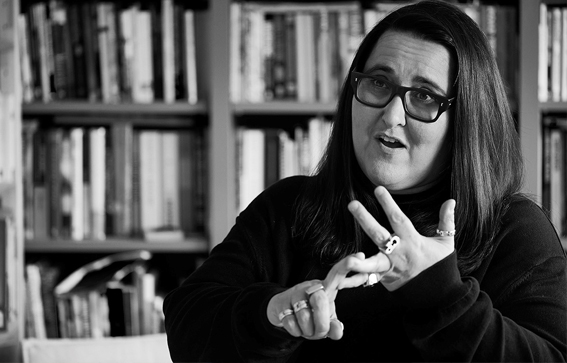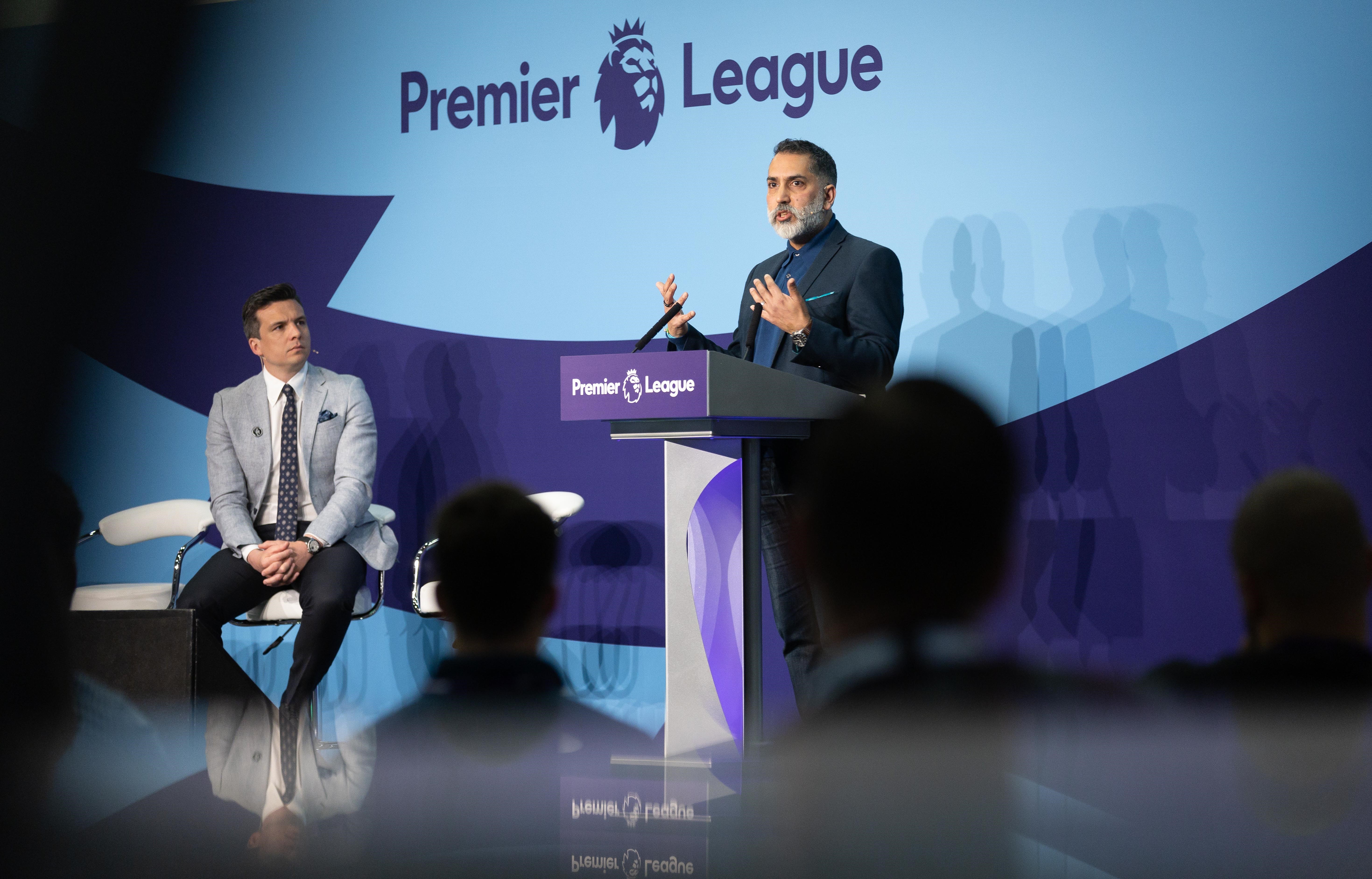There has been some resistance to it, and debate about its merits and how it’s been applied, but we should not lose sight of what it’s achieved.
This is the 11th year it has been running, and as well as professional clubs, players and fans being supportive, there will be clubs and players down the football pyramid to grassroots level who’ll be wearing laces and armbands to show how inclusive and welcoming football can be.
That should be recognised and applauded. It’s a campaign, which has helped Kick It Out work alongside amazing LGBTQI+ fan groups, who have been instrumental in nurturing a sense of belonging and community for fans who may previously have felt excluded from the sport.
There will be grassroots players struggling with their sexuality and how it aligns with their footballing identity, who feel seen for the first time because of the campaign. That matters.
But as debate about it has continued this week, it’s important to reflect on some lessons that can be learned to ensure football remains engaged, and there is tangible progress.
Campaign awareness must go hand in hand with education so that players don’t only represent a campaign but truly understand it. Visibility may be an important step, but if we are to create a truly more inclusive culture, where people from all communities feel welcome, then players and fans need to be engaged in the why as much as the when.
In day-to-day life, we wouldn’t expect someone to advocate for a cause without first giving them the facts. In the same way, handing a player an armband or a jacket can’t be the start and end of a campaign. Players need to be part of ongoing conversations and education that connects them with the LGBTQI+ fan base, so they can be equipped to lead and advocate on this issue.
Additionally, discussions about faith have emerged in relation to the campaign. Across all faiths, there is a shared belief that hate and discrimination have no place in society. This needs to form part of wider education and campaign engagement.
The past week cannot be viewed in isolation. Over the past few months we’ve seen homophobic chanting at matches, the vile abuse of Sam Kerr and her partner Kristie Mewis after announcing they were expecting a baby, and unchecked transphobia online.
At Kick It Out, this abuse mirrors a trend of increased LGBTQI+ hate online that we’ve seen rising year on year. You only have to look at the rampant homophobia in the comment section after clubs have posted about Rainbow Laces to understand why the campaign remains more important than ever.
Home Office hate crime statistics also show that a significant number of matches last season were marred by homophobic abuse. And still, in 2024, we only have one openly gay footballer in England's top four men's divisions.
It’s clear that culturally, football still has a lot of work to do to be inclusive and the game needs to be more aligned and proactive on this issue.
As we look forward, football must ask itself how it’s tackling some of these stubborn issues. Do young LGBTQI+ players feel comfortable being themselves, both in the pro game and at grassroots level? Do LGBTQI+ fans feel safe to express their identity at games? And, can LGBTQI+ fans be vocal with their support online without fear of abuse?
If we haven’t at least made progress toward each of these goals, then football needs to take a look at whether its current approach is an effective one.
As former Aston Villa midfielder Thomas Hitzlsperger has said this week, we need to refocus on the positive aspects of what’s been achieved.
Now is the time to double our efforts to build a more welcoming game, free from discrimination through greater understanding and education.


